Seems like Evgenia and I got out of New York just at the right time. Los Angeles is so atomized that isolation and distancing comes naturally to this place. It’s what most people do here anyway — virus or not. I mean, what’s suburban life if not isolation and social distancing by design. So we’re hanging on here as best we can.
Sitting here in Los Angeles, working on our doc, and thinking about the hyper-industrial and agribusiness origins of the coronavirus, I’m reminded that I first started thinking about the destructive power of our farmers more than a decade ago — right after I moved to Victorville in 2009.
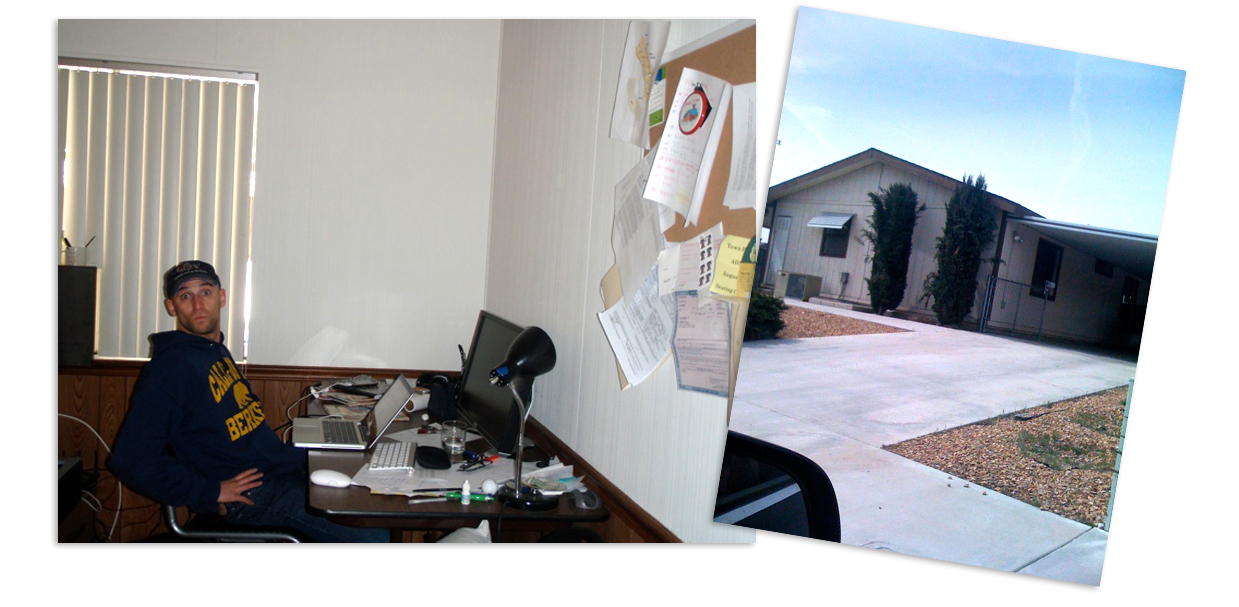
Home sweet home office in my two-bedroom, two-bathroom Victorville double-wide. Sometime in 2009.
I moved out there to report on what life was like in a bubble suburb after the 2008 financial collapse. Once there, I got into the politics of water in California. That, in turn, led me to California’s farmers — the people who had effectively privatized the state’s water supply.
At the time I was kinda clueless about where our food comes from — and who actually grows the stuff. I mean, I knew about Monsanto and the horrible conditions of industrial “meat production.” But my knowledge was superficial and was mostly tied to the most grizzly and graphic aspects of that world. I didn’t realize how incredibly destructive modern corporate agriculture was on just about every level, and how intertwined it was with the American political system and the larger American Empire. Farmers have their tentacles in everything — finance, espionage, war, modern slavery, coups, wars, oil, horrible worker abuse, and environmental destruction and pollution on a global scale. These companies are at the center of at many of the problems that plague our hyper-industrialized, oligarchic consumerist society. It’s a scary, brutal world. And I was immediately drawn to it.
A few of these players — like Monsanto — are well known, but the rest run their business in almost total obscurity. We’re not talking small companies here, but secretive global monsters like Cargill — one of biggest private companies in the world. But because they are “farmers” they generally got a pass. They’re supposed to be the good ones. They feed us. Right? No. Wrong.
In Victorville, I got obsessed with these farmers. And eventually I put together a proposal for a book about the hidden power of giant agribusinesses. The thesis of the book could be boiled down to something like this: “Farmers run the world. And they’re killing us.”
Although I was in talks with an interested publisher a decade ago, the book never got off the ground. A lot of it was my fault. With the isolation of Victorville and my unhealthy speed habit, I sorta lost my mind. I was doing great work out there but I had trouble translating it into anything tangible. And looking back on it now, I’m not sure I was intellectually ready to tackle such a huge, global issue — something that defined so much of our modern, neoliberal life.
Thinking about the coronavirus, I got curious about what the proposal looked like today — so I dusted off an old rough draft. I haven’t looked at in years. It’s a bit raw and unfocused and maybe a bit simplistic, but I gotta say that overall it holds up very up well.
The book never saw the light of day. So I thought I might as well post the proposal here. One of the things that truly shocked me was the legacy of slave plantation families — which are still very much alive today and still very powerful today. I think I address that in chapter 3. And Chapter 2 is probably the most relevant to today’s pandemic fears.
Check it out. And let me know what you think. (It might be easiest to read if you open this newsletter in your browser.)
—Yasha Levine
Read my previous letter: “Our nativist freakout about China hides the real origin of the coronavirus — which is political, global, and made in the USA.”
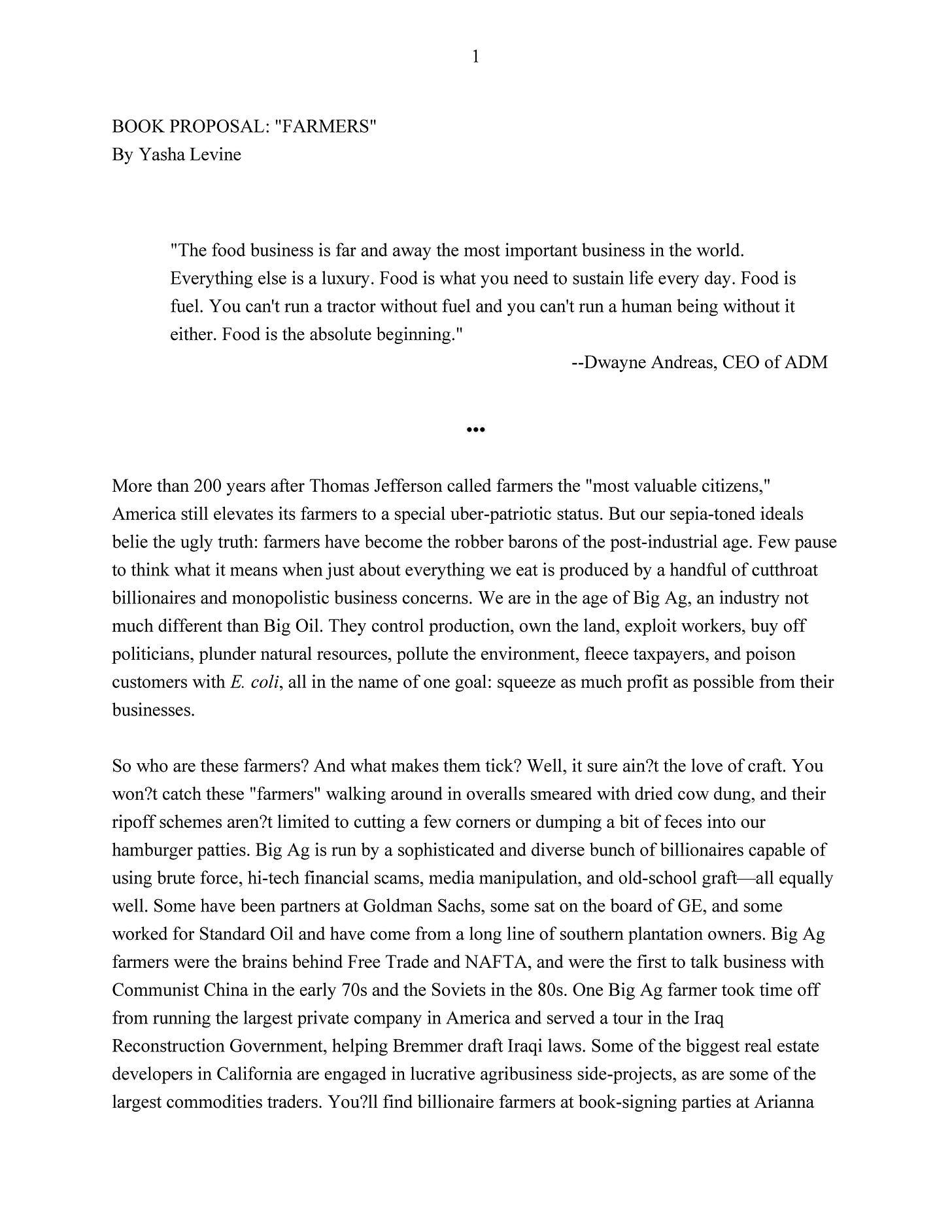
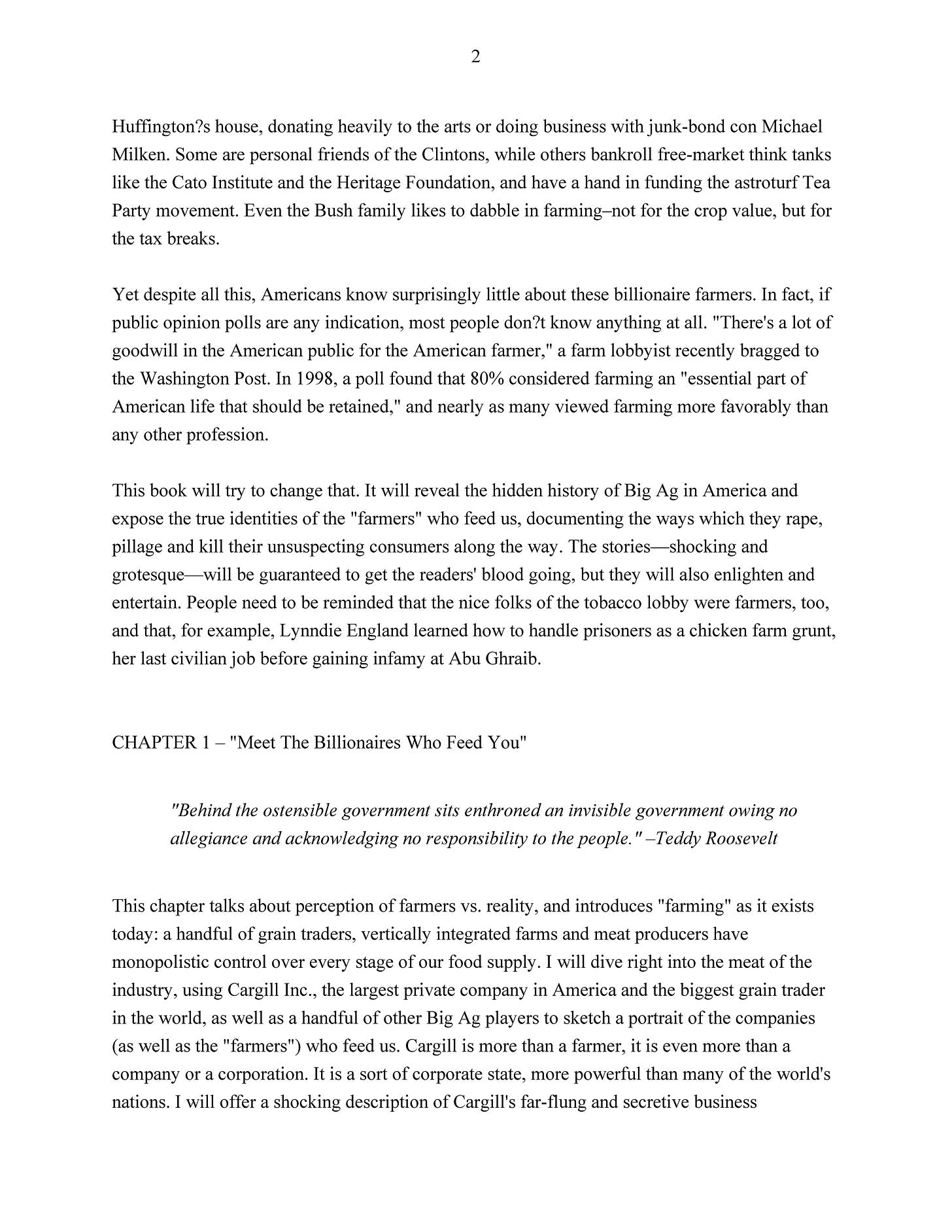
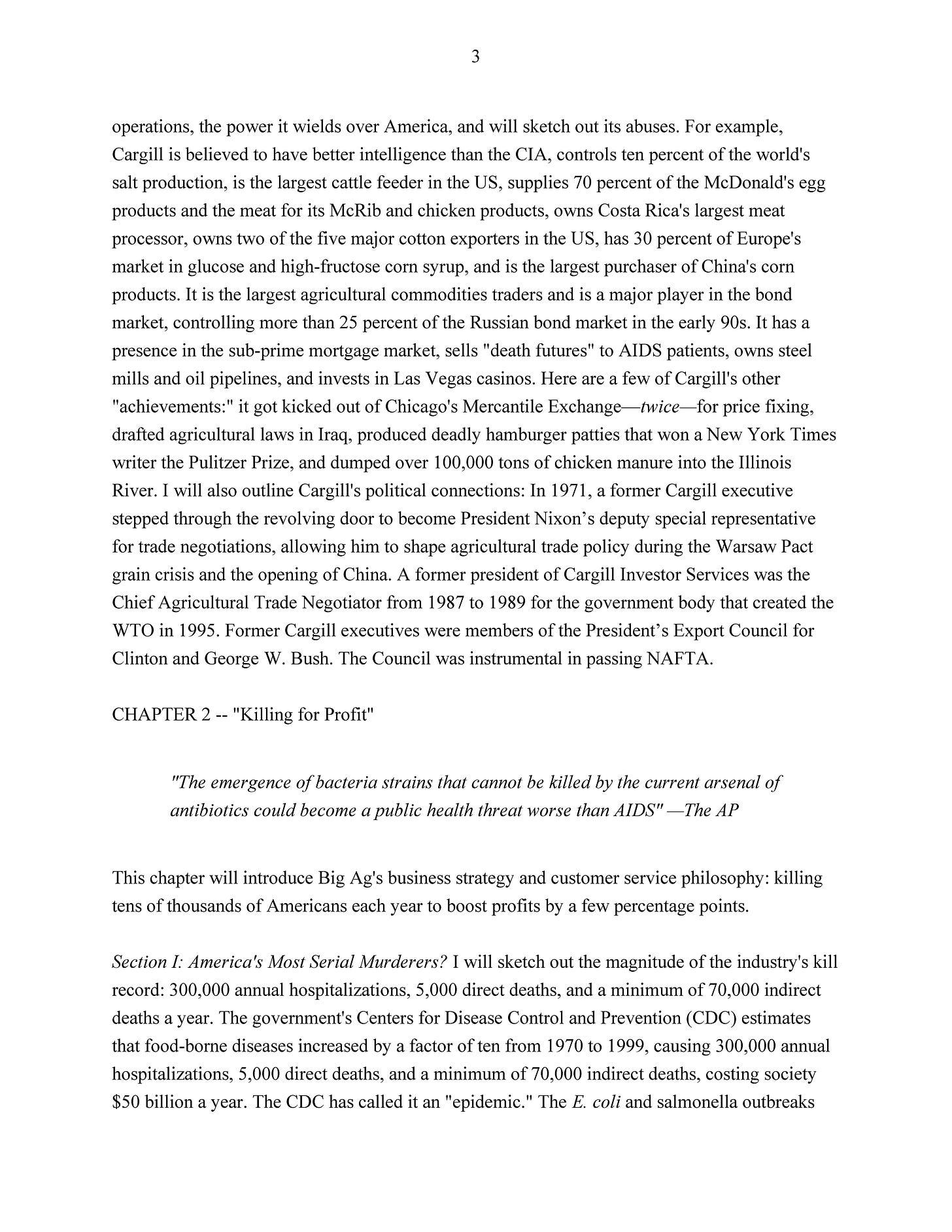
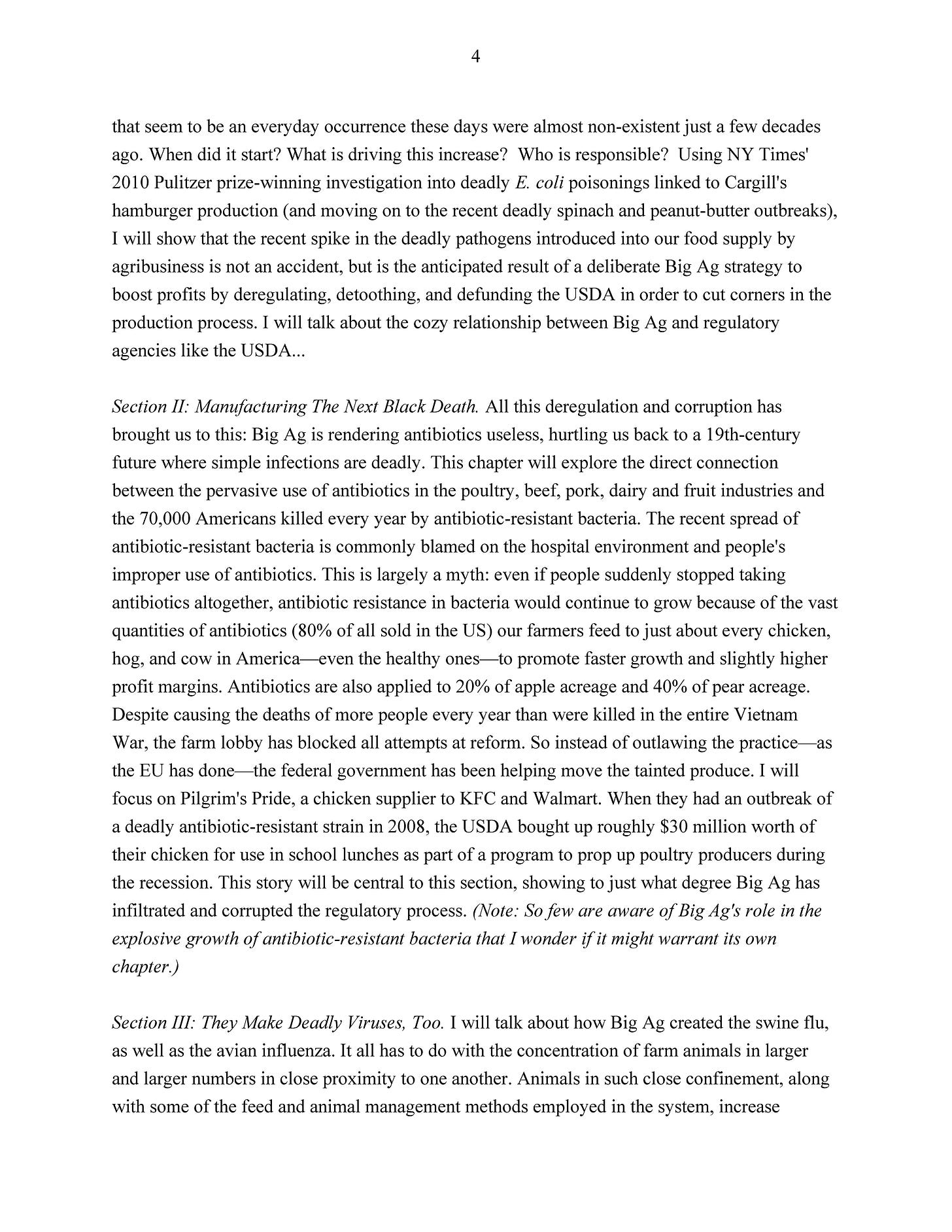
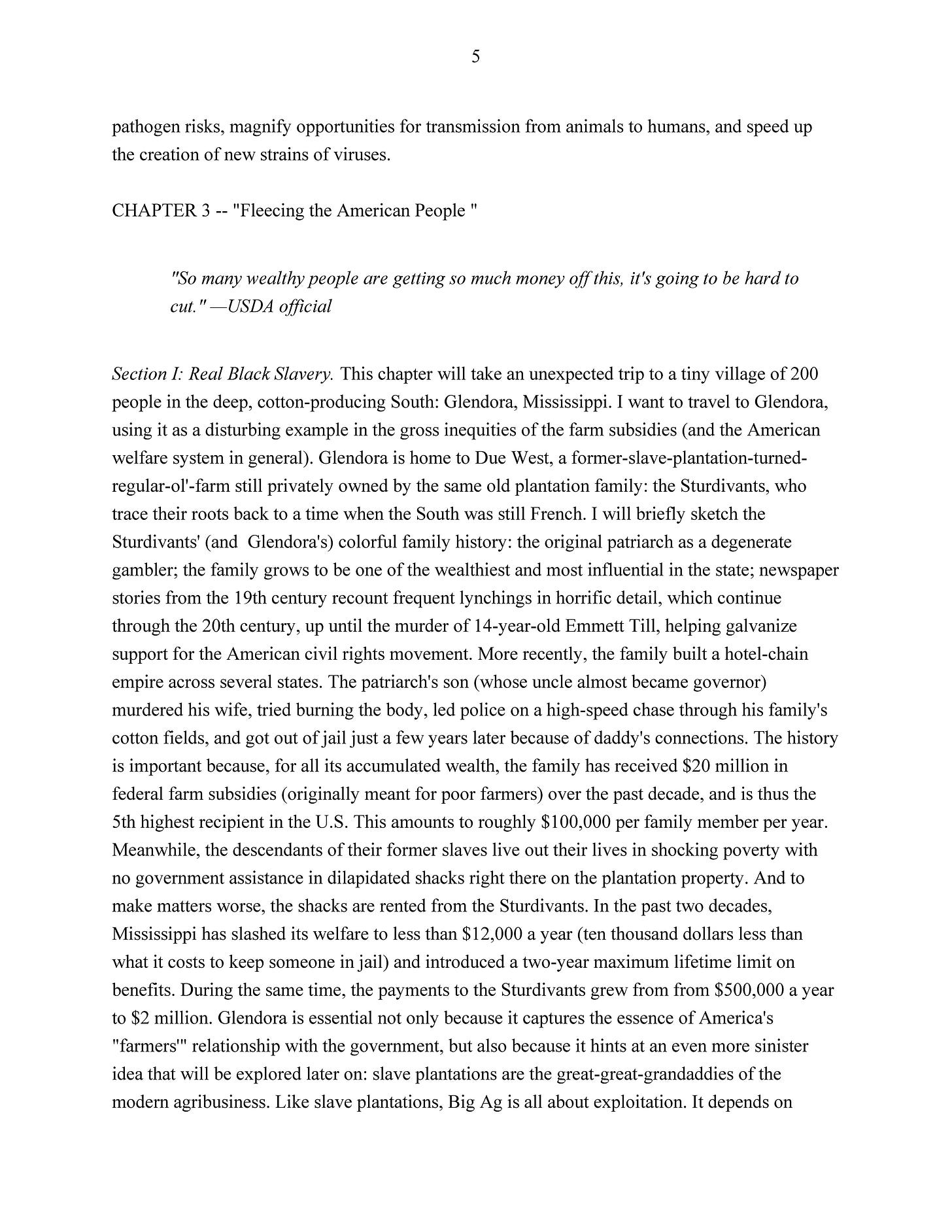
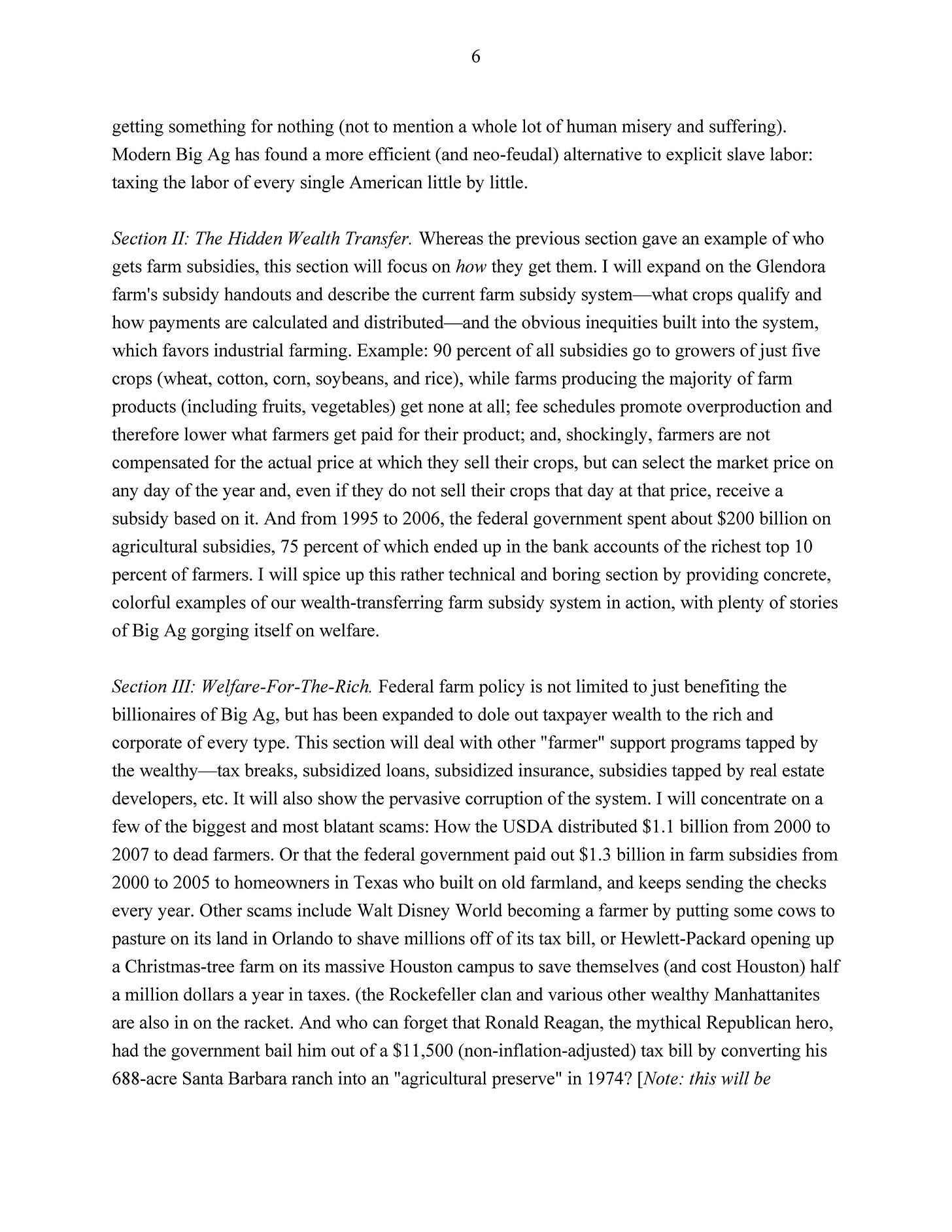
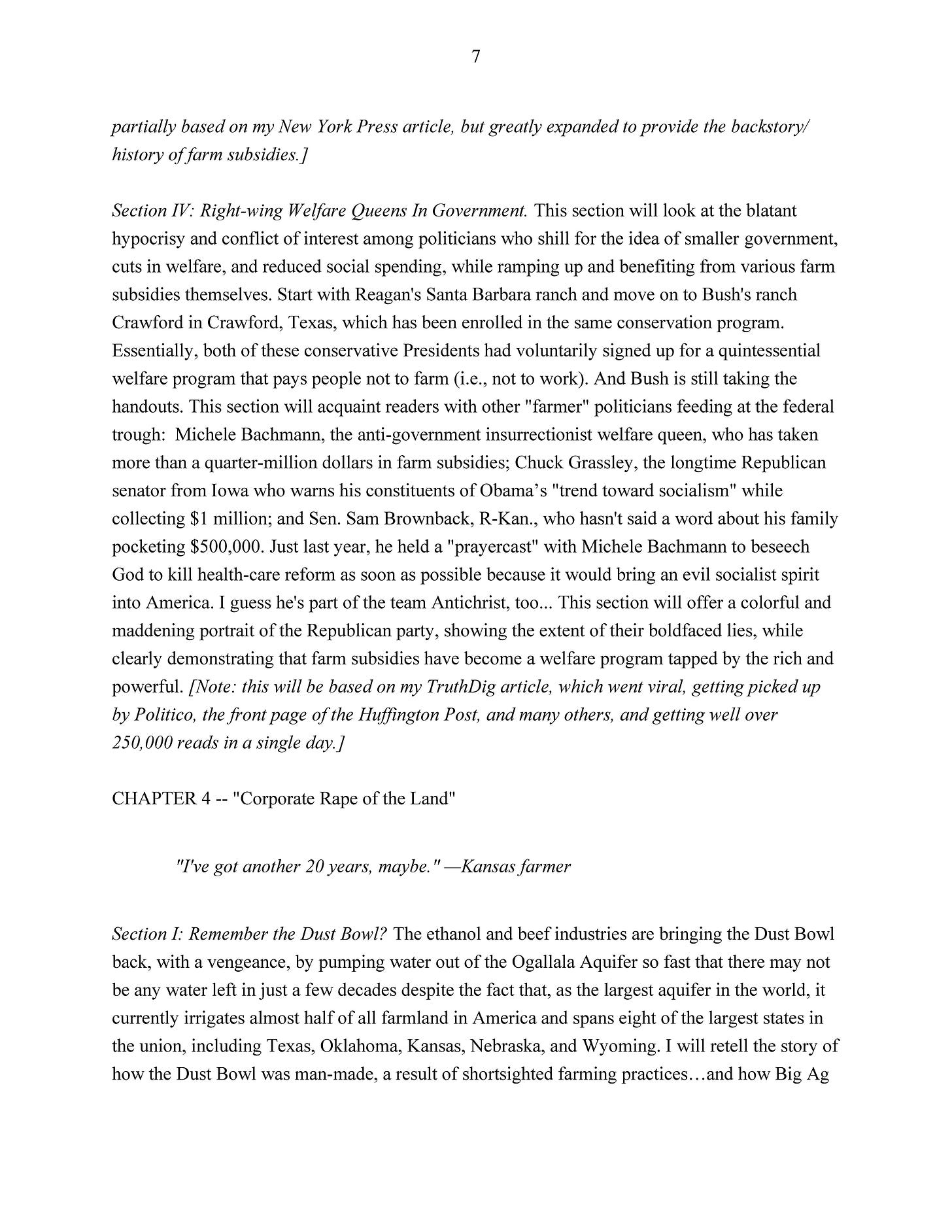
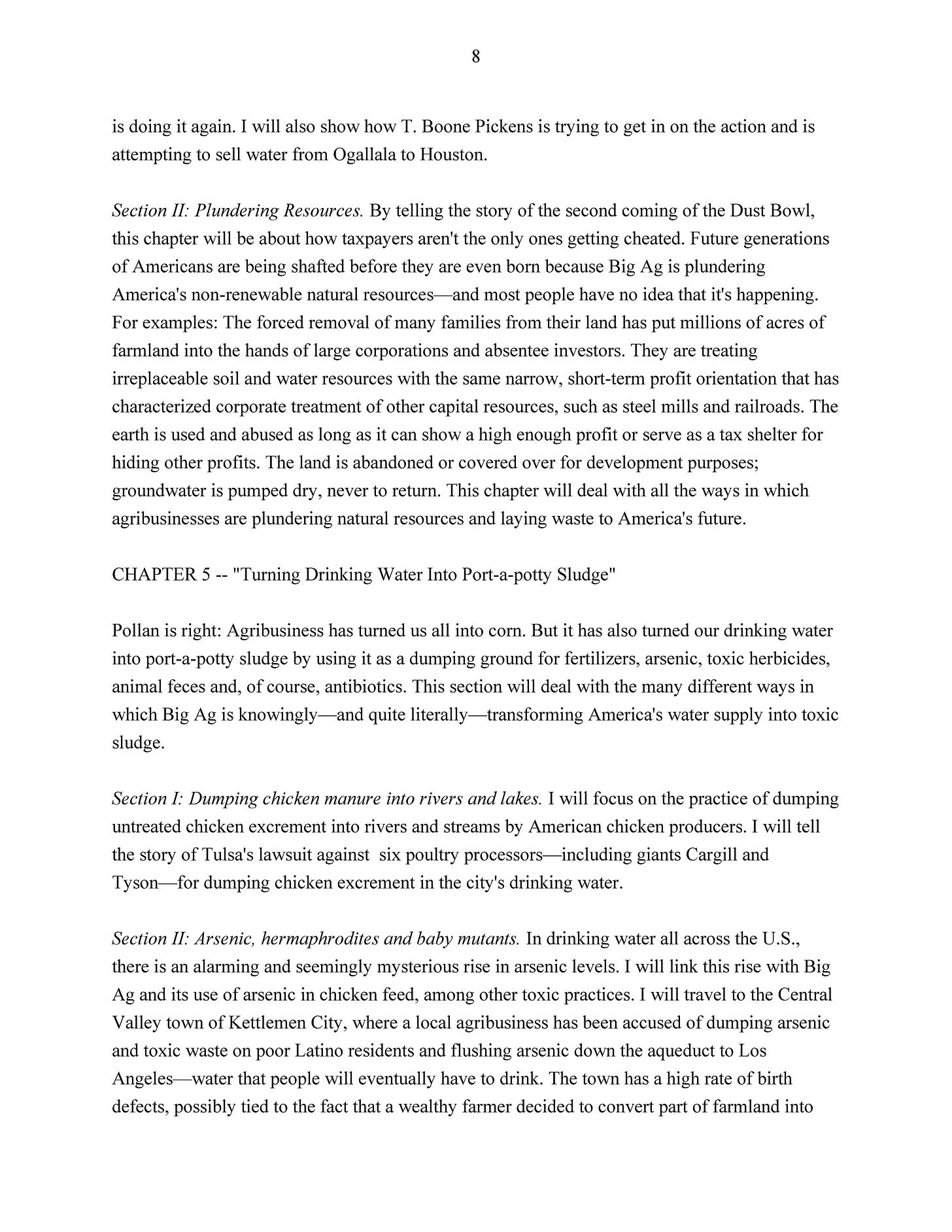
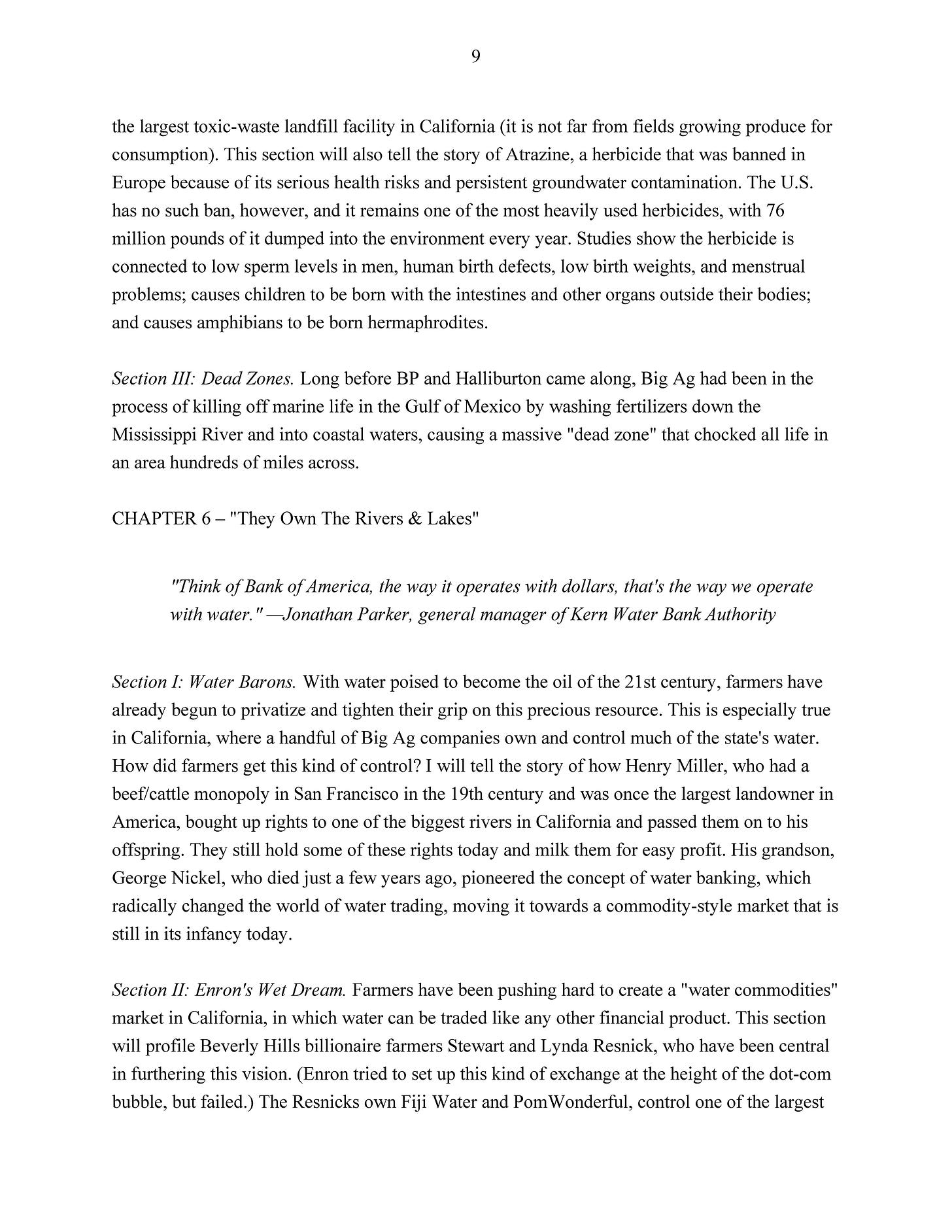
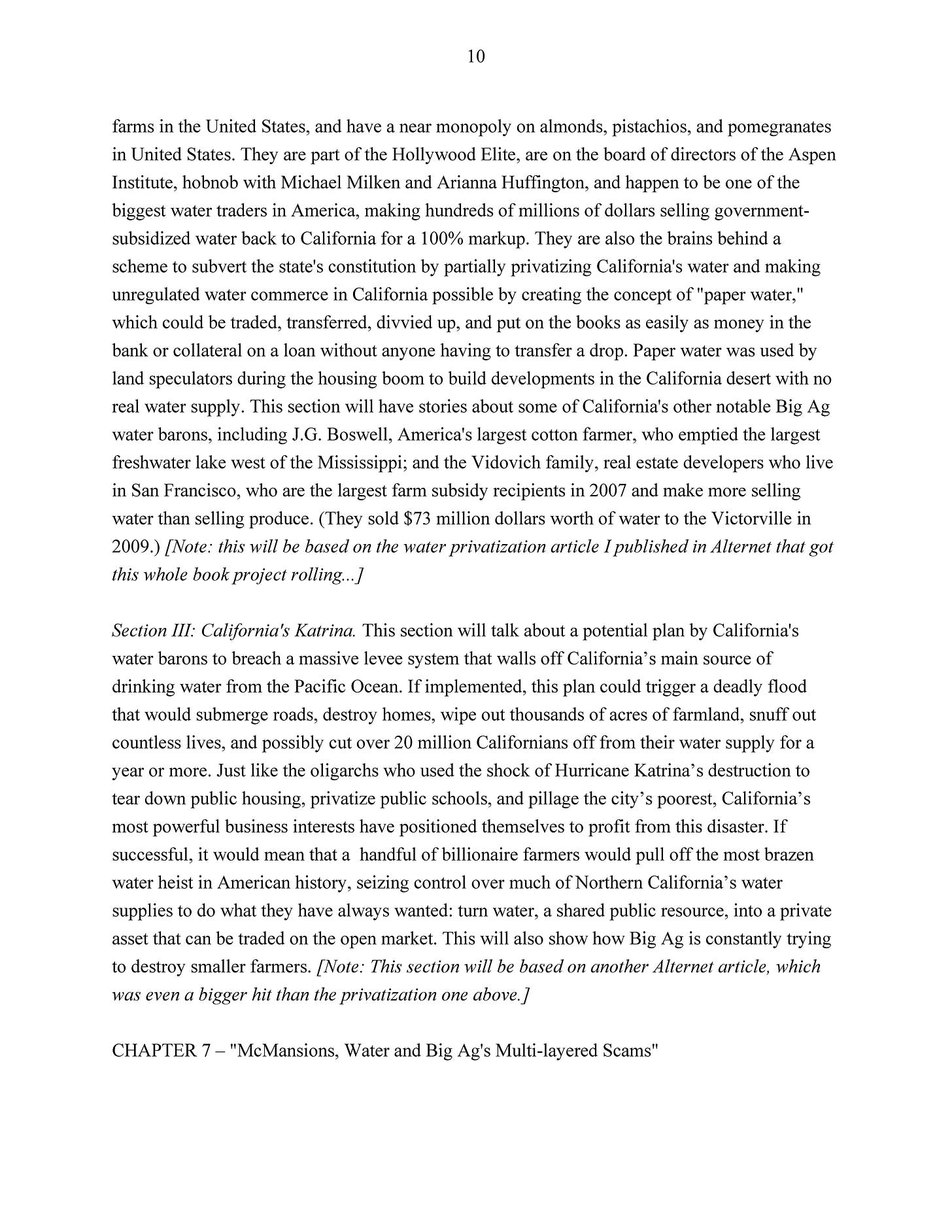
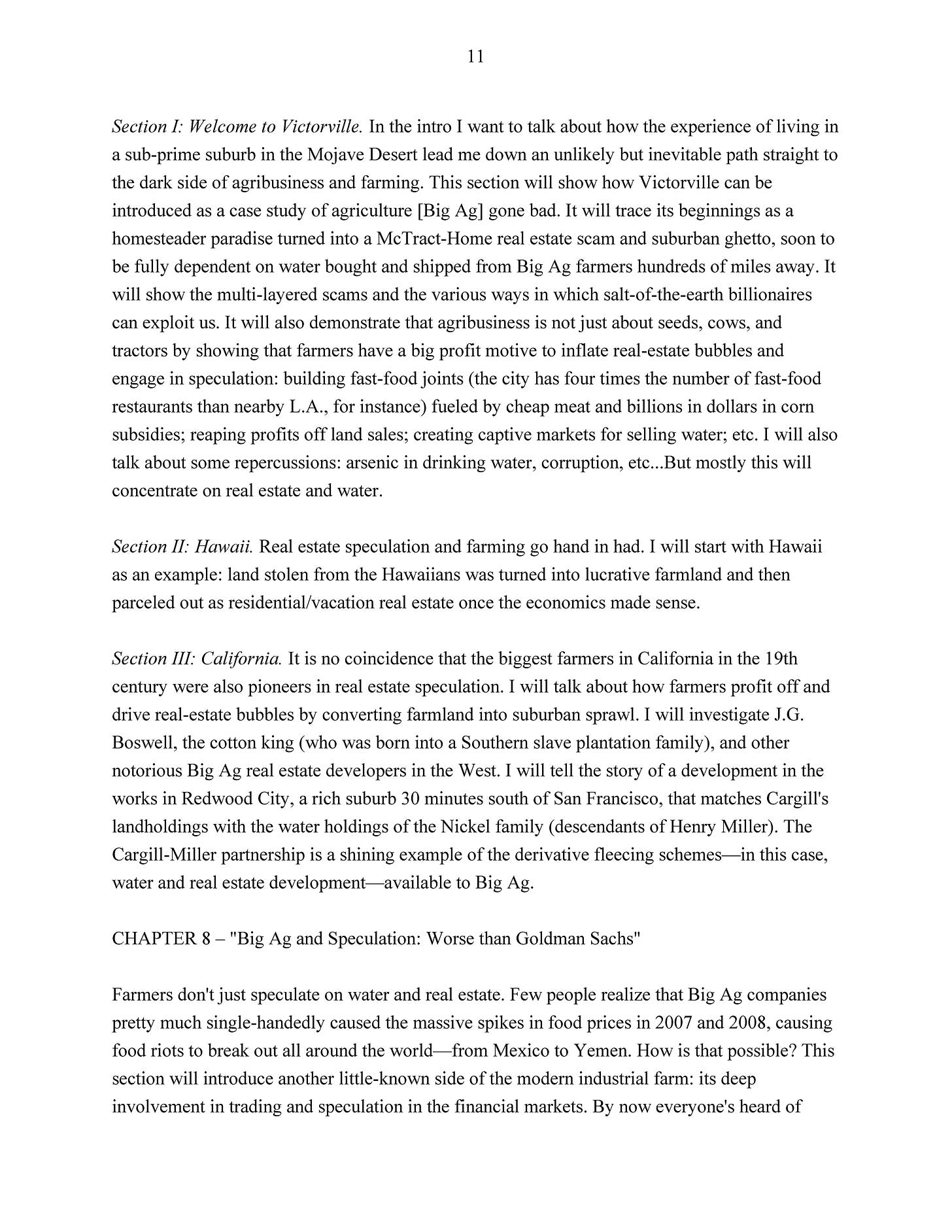
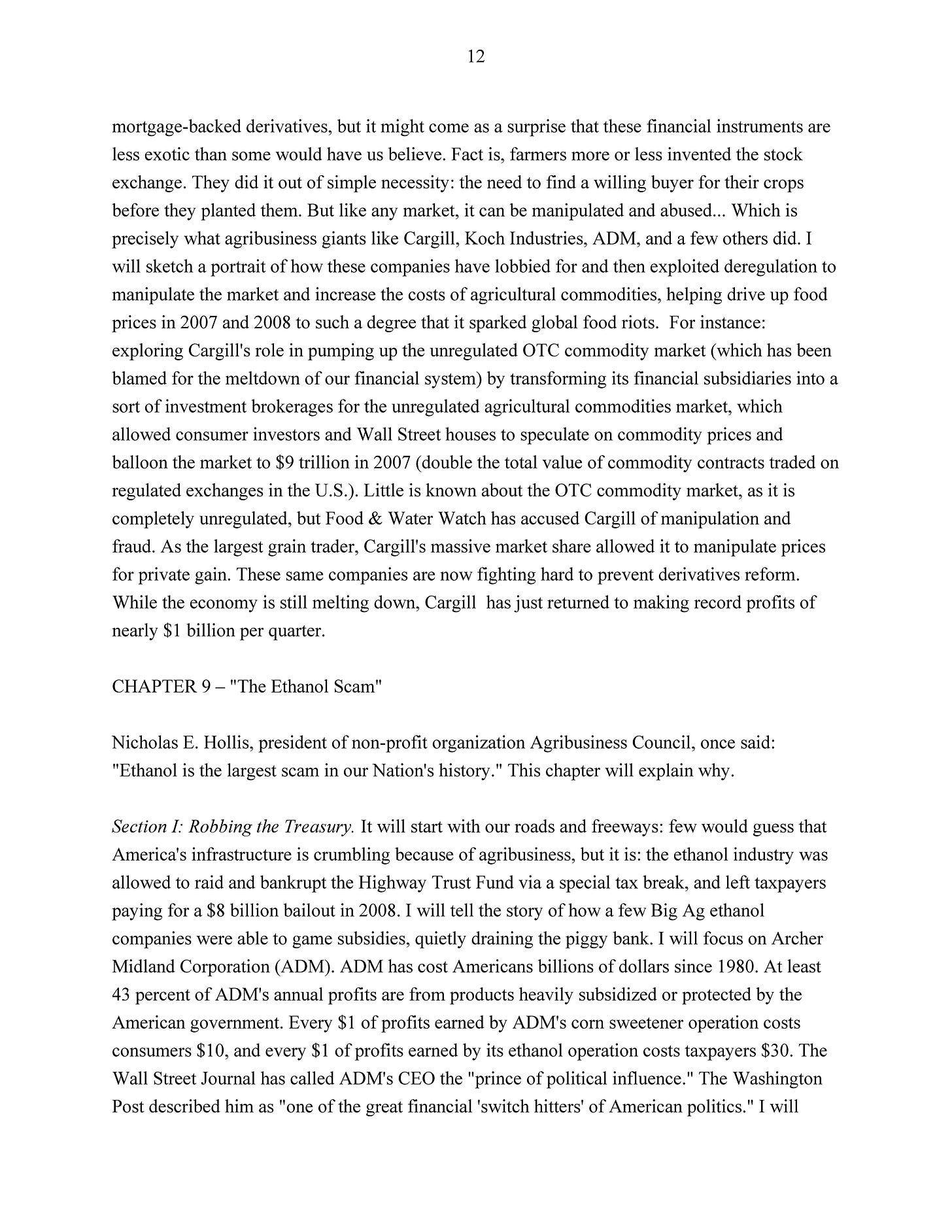
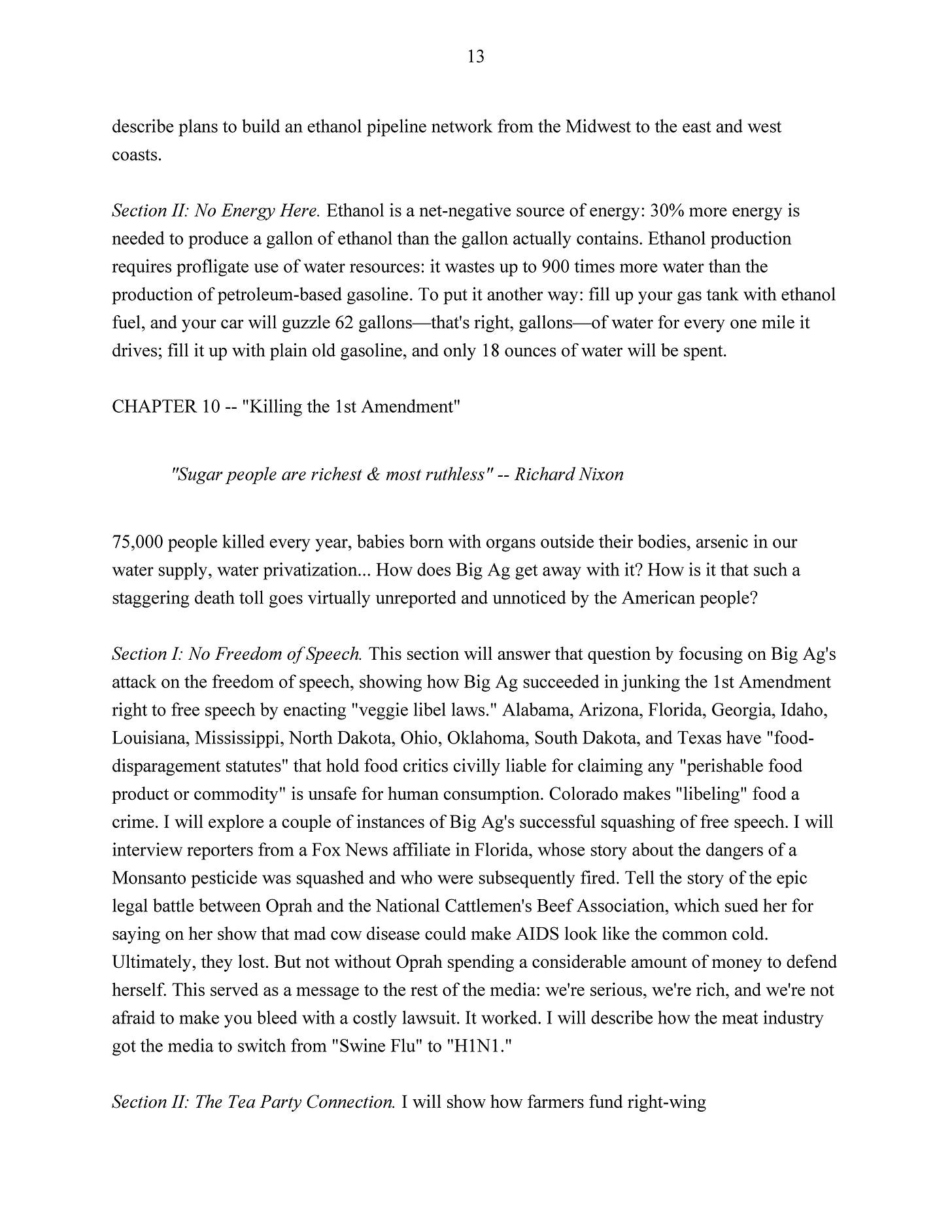
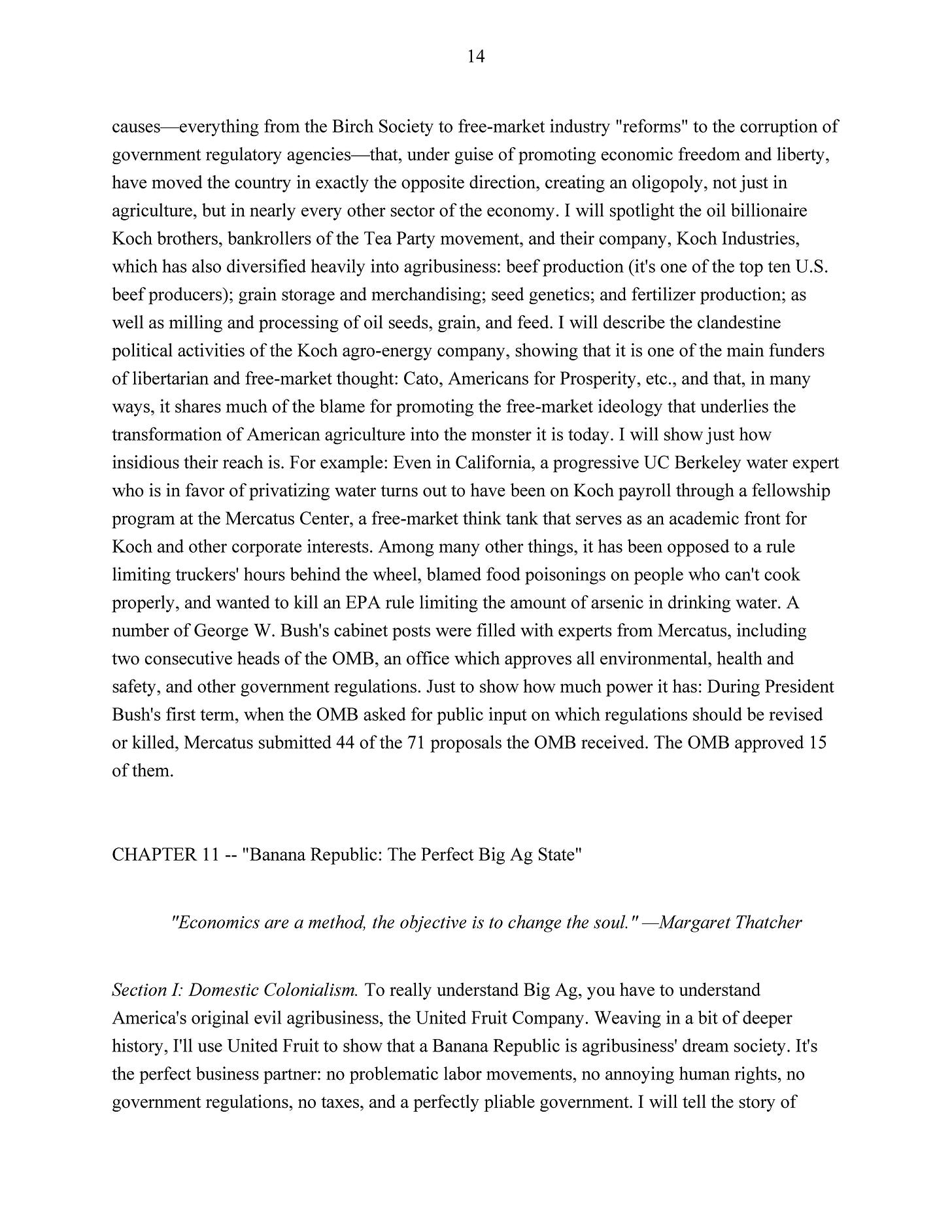
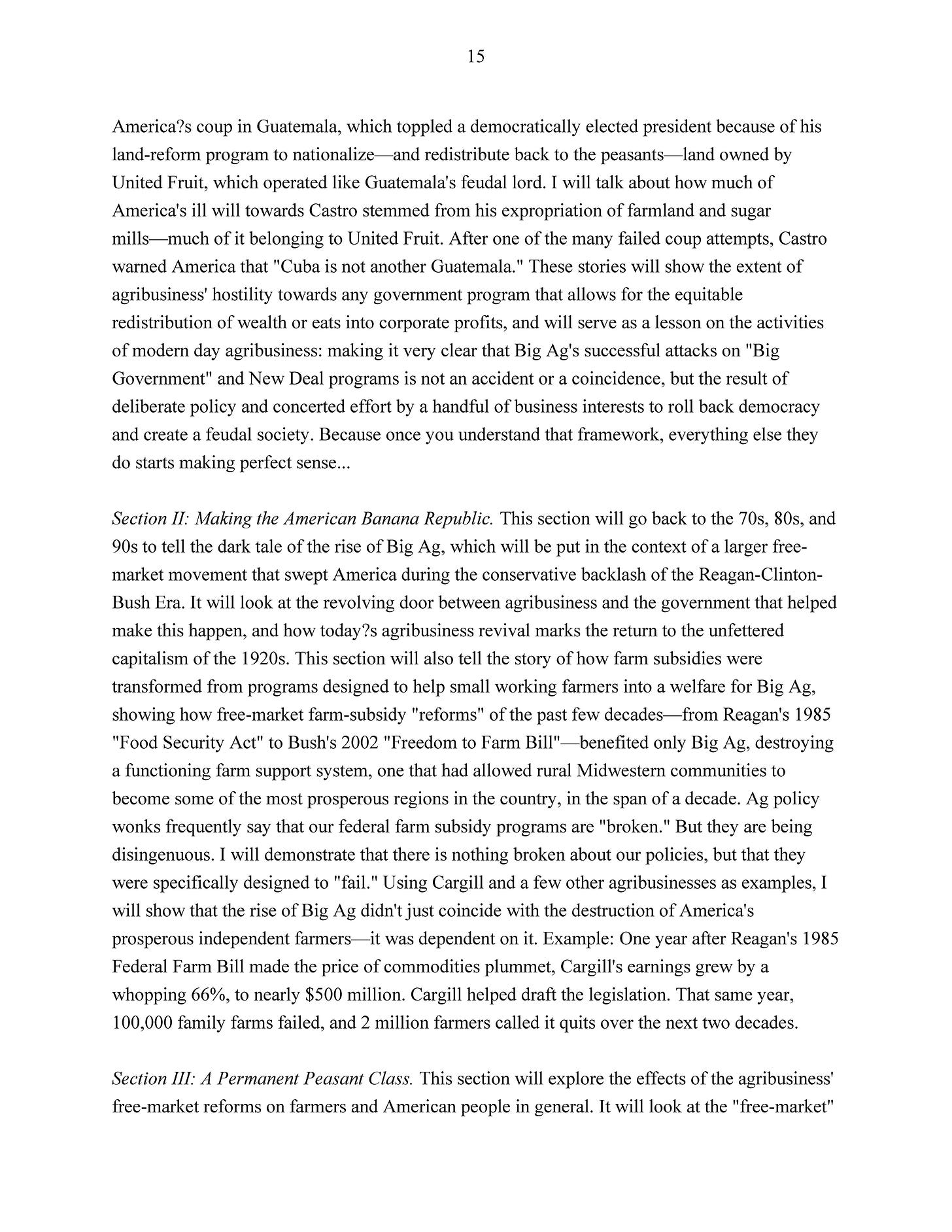
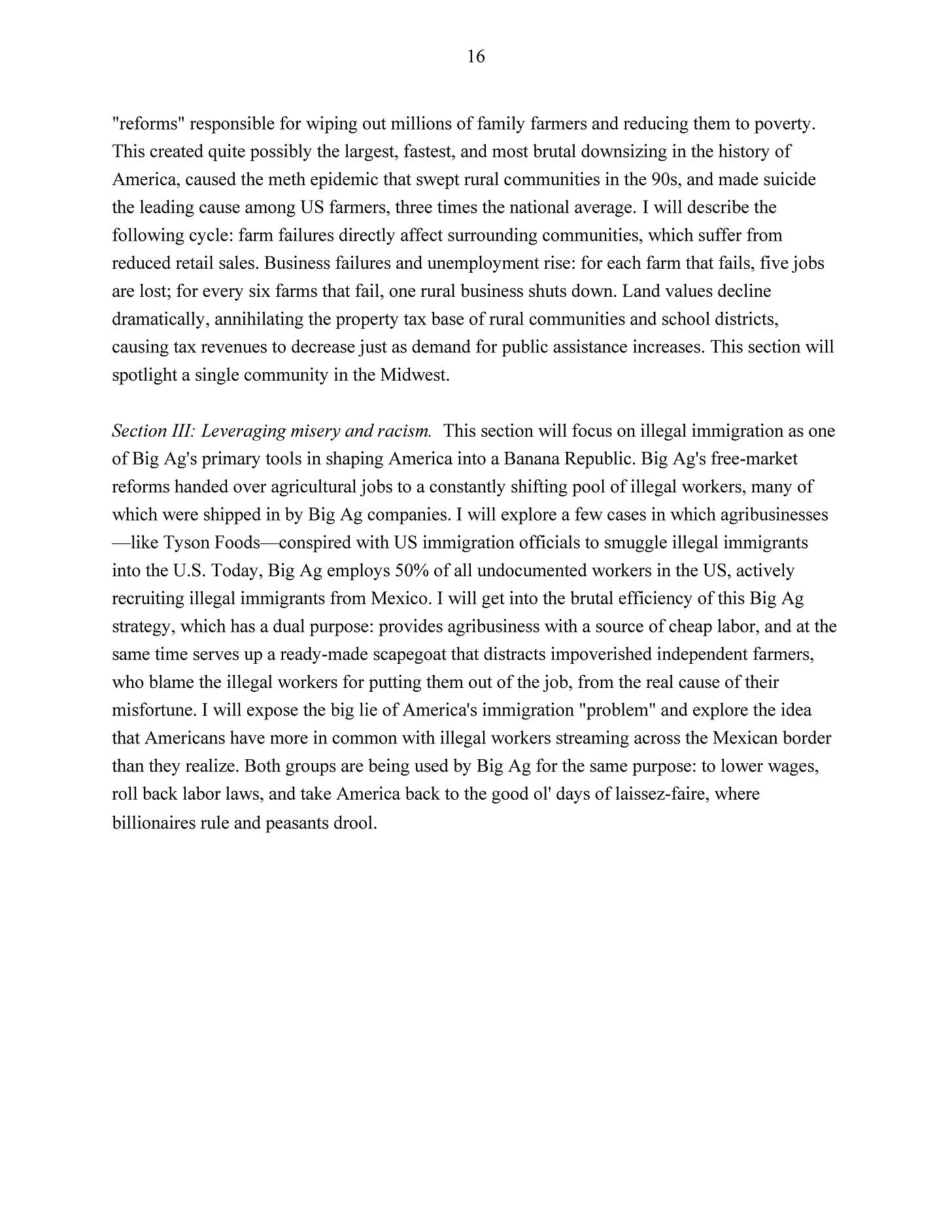



Impressive! Incredibly expansive.
Love it Yasha. Muckraking, old-style. In case you haven't seen this, here is a link to a piece in Everybody's Magazine, May, 1905 called "The West Coast Land Grafters" that reveals some of the more egregious methods of land accumulation in the 19th century: https://babel.hathitrust.org/cgi/pt?id=mdp.39015010948811&view=1up&seq=655.
I picked that out of a footnote in Gustavus Myers' classic "History of the Great American Fortunes", which shows how some of the degenerate wealthy of early California innovated and perfected their forefathers' frauds, which have been a continuous plague on this land since the earliest colonial times.